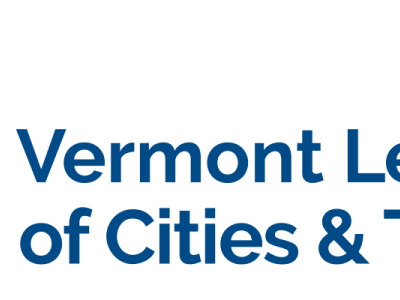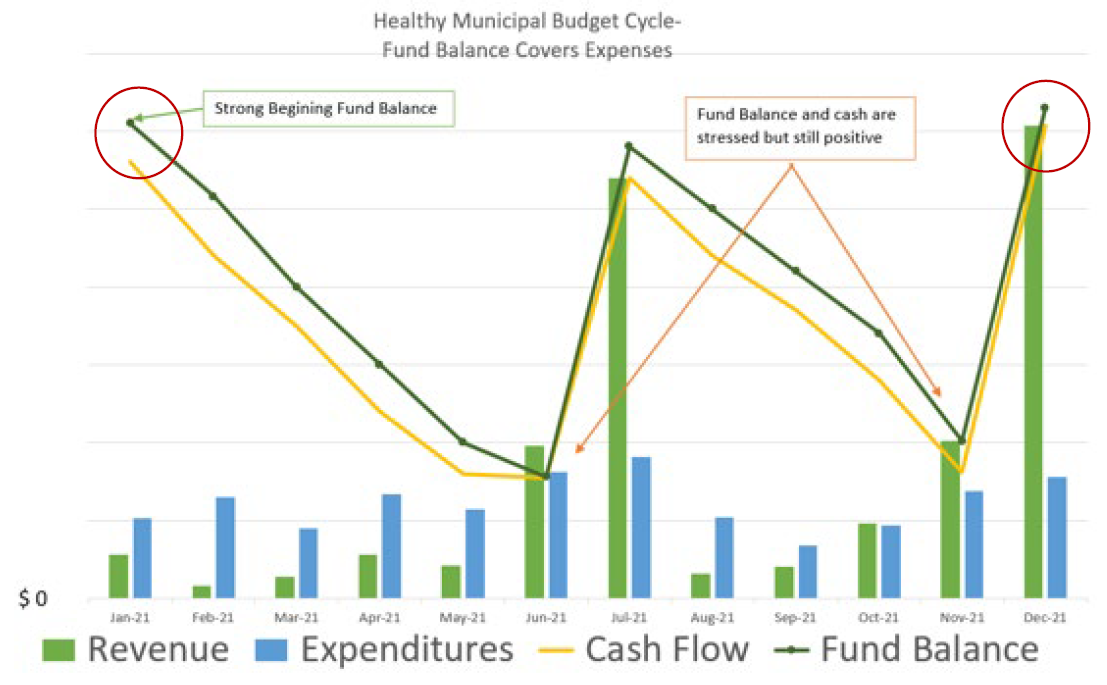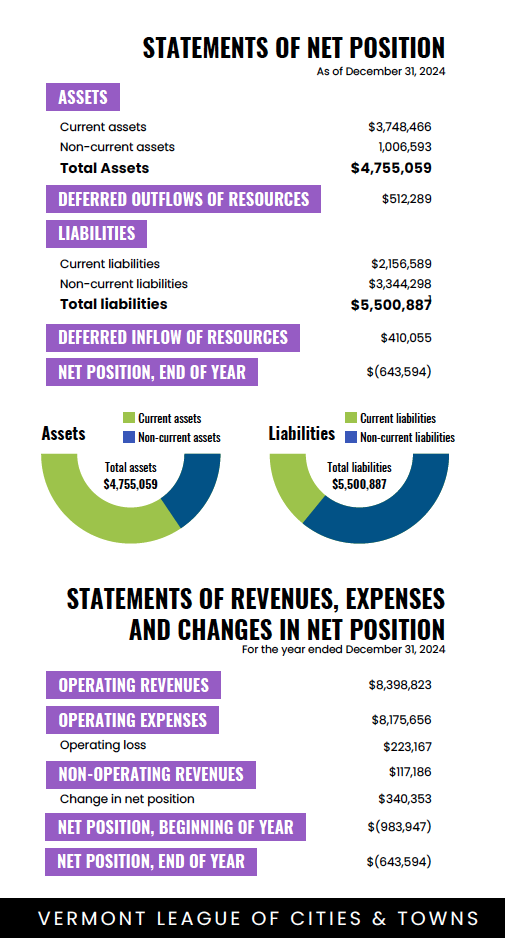CHIP IN VT Assistance: Helping Communities Turn Infrastructure Into Housing
Need One-on-One Help Understanding CHIP or Advancing Your Efforts? *
If so, meet with VLCT's Project & Funding Specialist! Whether you are just in the idea phase, have started to gain momentum, have a housing or infrastructure project defined, or are ready to submit a CHIP application, let us help you. We will talk with you about your CHIP project, initiative or problem to help you:
- Understand how CHIP works and whether it's a good fit,
- Identify infrastructure investments that could unlock housing development,
- Plan projects that are financially and operationally sustainable,
- Prepare strong CHIP applications,
- Navigate financing, compliance, and long-term program responsibilities, and
- Learn from peers and statewide experts.
Whether you’re just learning about CHIP or moving your infrastructure project forward, you can schedule a convenient time to meet with our Project & Funding Specialist by booking time directly into her calendar or emailing bwaninger@vlct.org.
* Member-Only Service
This service is available only to individuals who hold an official role (selectboard, town manager/administrator, clerk, treasurer, planning commissioner, assessor, etc.) with a VLCT member.





